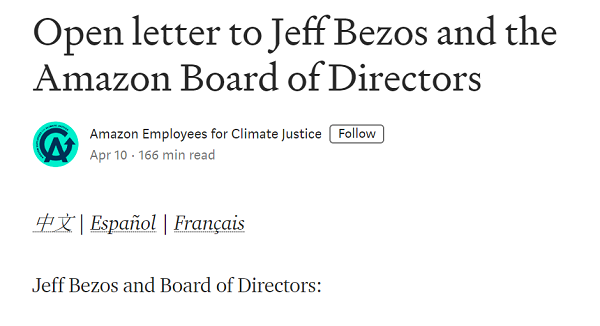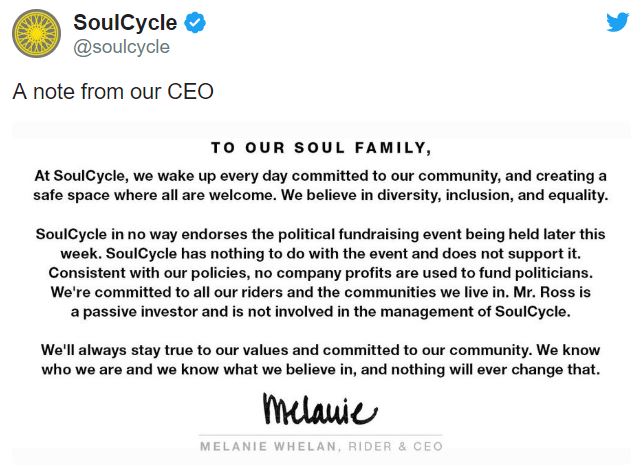Reciprocity in the News
/Students of persuasion likely learned about reciprocity. In my class, we discuss reciprocity as a logical reasoning type and as one of Cialdini’s six principles of persuasion. We also talk about quid pro quo, meaning “this for that,” as a type of sexual harassment.
Steven Pinker, a cognitive scientist at Harvard, wrote an opinion piece in the New York Times titled, “A Linguist’s Guide to Quid Pro Quo,” referring to the discussions between President Trump and Ukrainian President Volodymyr Zelensky.
President Trump and his supporters have gone to the heart of the issue, denying any quid pro quo. Senator Lindsey Graham of South Carolina tweeted, “What a nothing (non-quid pro quo) burger.” Defenders also say that this type of reciprocity is common for political leaders.
Pinker believes that an explicit “if,” “then” construction isn’t necessary for a quid pro quo agreement:
It’s true that the transcript of the reconstructed conversation does not reveal a smoking sentence with an “if” and a “then.” But to most readers, Mr. Trump’s claim that he was merely musing about his druthers does not pass the giggle test. That is because people in a social relationship rarely hammer out a deal in so many words but veil their offers in politeness and innuendo, counting on their hearers to listen between the lines.
More typically, we see politeness in reciprocal transactions. During the call, President Trump said, “I would like you to do us a favor though.”
This article also raises issues about a “transcript,” which he describes as a reconstructed conversation. The summary isn’t verbatim, and it’s unclear whether a recording exist.
Discussion:
Describe reciprocity as a method of influence. What is the value to business relationships, and what dangers should be avoided?
Talk about a time when you practiced reciprocity, but it felt imbalanced—either for you or for the other person? How did it feel? How can avoid this in the future?
In this case, do you think President Trump crossed a line, or do you believe his statement, “There was no quid pro quo”?

















